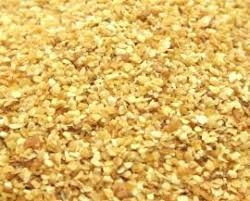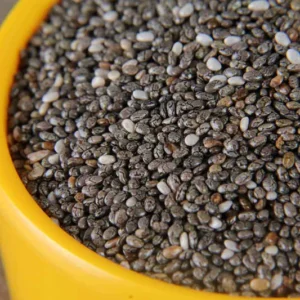Description
Botanical Name: Amaranthus spp.
Common Names:
- Amaranth
- Pigweed (in some contexts)
- Love-Lies-Bleeding (for certain ornamental varieties)
Forms:
- Whole Amaranth Seeds: Small, round seeds used in cooking, baking, or as a grain substitute.
- Amaranth Flour: Ground seeds used for baking or as a thickening agent.
- Puffed Amaranth: Light, airy puffed seeds used in snacks or cereals.
Origin:
- Native Region: Central and South America, with ancient cultivation in regions such as Mexico and Peru.
- Cultivation: Grown in various parts of the world, including the United States, India, and Africa.
Nutritional Benefits:
- Complete Protein: Contains all nine essential amino acids, making it a complete protein source.
- High in Fiber: Rich in dietary fiber, supporting digestive health.
- Vitamins and Minerals: Good source of vitamins A, C, and B vitamins, as well as calcium, iron, magnesium, and phosphorus.
- Antioxidants: Contains antioxidant compounds that help protect cells from damage.
Health Benefits:
- Digestive Health: High fiber content aids in digestion and promotes regular bowel movements.
- Heart Health: Nutrients like magnesium and potassium support cardiovascular health.
- Bone Health: Rich in calcium and phosphorus, which are important for maintaining bone strength.
- Immune Support: Antioxidants and vitamins contribute to a healthy immune system.







